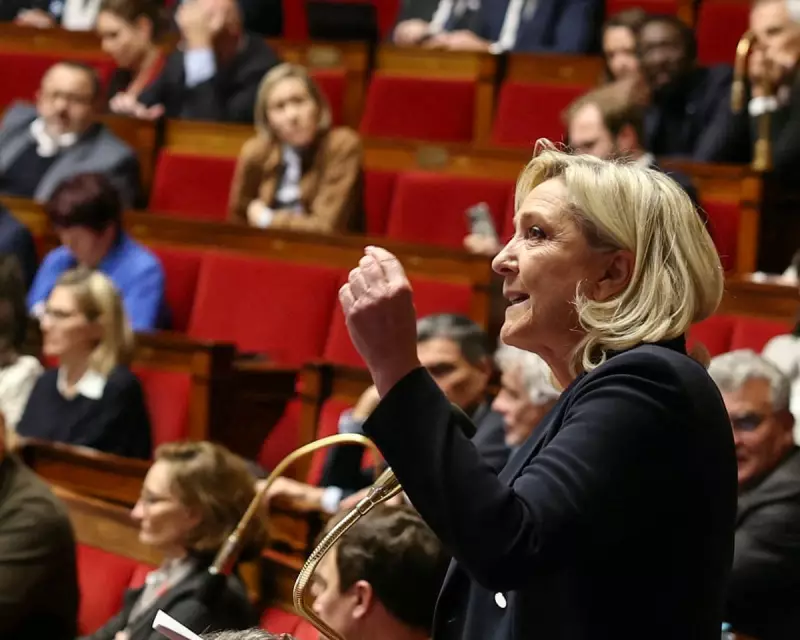
A critical defensive barrier in European politics is showing severe signs of strain. The cordon sanitaire, a long-standing convention where mainstream parties refuse to cooperate with the far-right, is being deliberately dismantled by centrist and conservative factions seeking to revive their own flagging fortunes.
The Meloni Blueprint and the French Fray
This strategic shift was openly championed earlier this autumn by Italy's Prime Minister, Giorgia Meloni. Addressing a gathering of the French far-right party led by Marine Le Pen's niece, Marion Maréchal, Meloni outlined a path to power through the unity of the right and the centre-right. Her own political journey exemplifies this tactic. Her Brothers of Italy party, with roots in post-war neofascism, has surged from a marginal 4% vote share to a hegemonic 31% in the polls, largely by absorbing the space once occupied by Silvio Berlusconi's Forza Italia.
In France, this strategy is now being tested. The republican front, which has historically united centre-right and left-wing voters to block Marine Le Pen, is looking thin and frayed. The conservative Les Républicains (LR) party, searching for a path to relevance, has seen its resolve weaken. Last month, MPs definitively breached the cordon for the first time by passing a far-right motion on immigration.
Senior conservative figures have ceased their warnings about the threat Le Pen and her protégé, Jordan Bardella, pose to mainstream French values. Alarmingly, former LR president Laurent Wauquiez has even entertained the idea of political cooperation with a rising star from Éric Zemmour's virulently Islamophobic Reconquête party.
A Contagious Trend Across the Continent
This normalisation of the far-right is not confined to France. A worrying pattern is emerging across Europe, signalling a profound shift in the continent's political landscape.
In the Netherlands, the centre-right VVD party has declared itself open to forming a coalition government that includes the far right. In eastern Germany, cooperation at a local level between the Christian Democrats and the Alternative für Deutschland (AfD) has become routine.
The trend reached a new nadir in the European Parliament last week. In a landmark and unprecedented vote, conservative MEPs broke with established protocol to ally with far-right parties. Their collective aim was to successfully water down vital climate legislation. A green MEP responded to the move with grim candour, stating it was a shitty sign for Europe.
A Dangerous Gamble with No Reward
History offers a stark warning to parties considering this path. There is no evidence that accommodating a far-right agenda yields a lasting political dividend. In fact, the opposite appears true.
In the United States, moderate Republicanism's attempt to play with Trumpian fire proved to be a path to oblivion. In the UK, the Conservative party's determination to keep up with the politics of Nigel Farage risks delivering the same catastrophic outcome.
Despite these cautionary tales, a growing section of the formerly Gaullist right in France seems ready to hang on to the coat-tails of Marine Le Pen ahead of the crucial 2027 presidential election. For those who value the traditions of mainstream European politics, this represents a sorry and deeply depressing state of affairs, leaving the continent's democratic foundations more vulnerable than they have been in decades.






